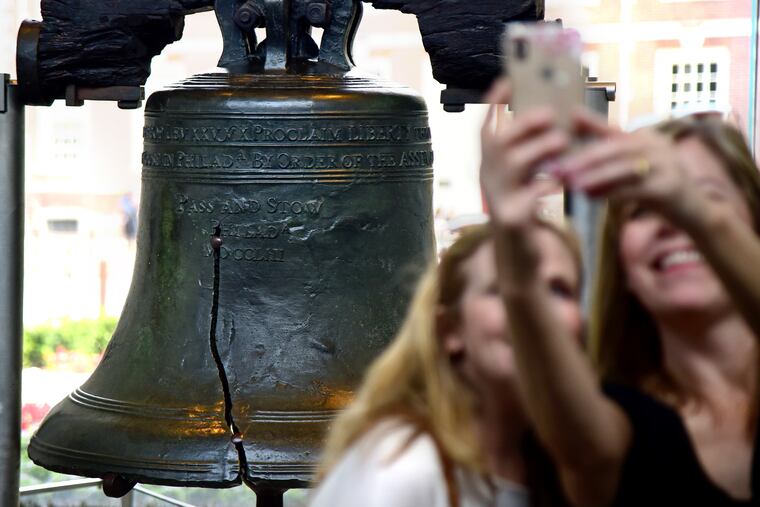The foundry that cast the Liberty Bell is one step closer to becoming a luxury hotel
The British metal foundry that birthed one of Philadelphia’s most significant historical artifacts is one step closer to becoming a hotel.

The British metal foundry that birthed one of Philadelphia’s most significant historical artifacts is one step closer to becoming a hotel.
London officials this week voted to allow developers to create a 108-room hotel — complete with swimming pool and cafe — at the site of the Whitechapel Bell Foundry, which cast the Liberty Bell in 1752, the Evening Standard reports. The company also manufactured London’s famed Big Ben in 1856.
Whitechapel Bell Foundry began operating in 1570 and is considered the oldest manufacturing firm in Britain, according to the BBC. The company began operating out of its East London location in 1738, but sold the property in 2017 after what the BBC called a “downturn in orders.” The site’s current owner is New York-based venture capital firm Raycliff Capital, which proposed converting the area into a hotel and workshops.
Whitechapel still casts tower bells in a location near Stoke-on-Trent and makes small handbells out of a foundry in South London, the BBC reports.
The property’s former owners backed the hotel plans, which faced opposition from a group that proposed reopening the site as a working foundry to maintain the site’s historical significance. Supporters, however, argued that small handbells would still be made on the site in a small foundry near an area where the Liberty Bell was cast, and that the hotel would be located on the site of an expansion to the foundry that was constructed in the 1980s.
London’s Tower Hamlets Council ultimately sided with developers, writing in a report that the hotel plans provide “long-term public access through the site,” according to the BBC. However, the plans faced about 780 objections, with one member of the United Kingdom Historic Buildings Preservation Trust, which backed continued manufacturing at the site, calling the hotel scheme a “travesty.”
“[It is] an act of cultural vandalism,” said Stephen Musgrave, trust chairman, according to the Evening Standard. “This world-renowned site deserves better.”
Since its initial manufacturing more than 260 years ago, the Liberty Bell has been recast twice in Philadelphia. It initially cracked after being rung for the first time following its arrival to the city, and its current crack dates back to the early 19th century.